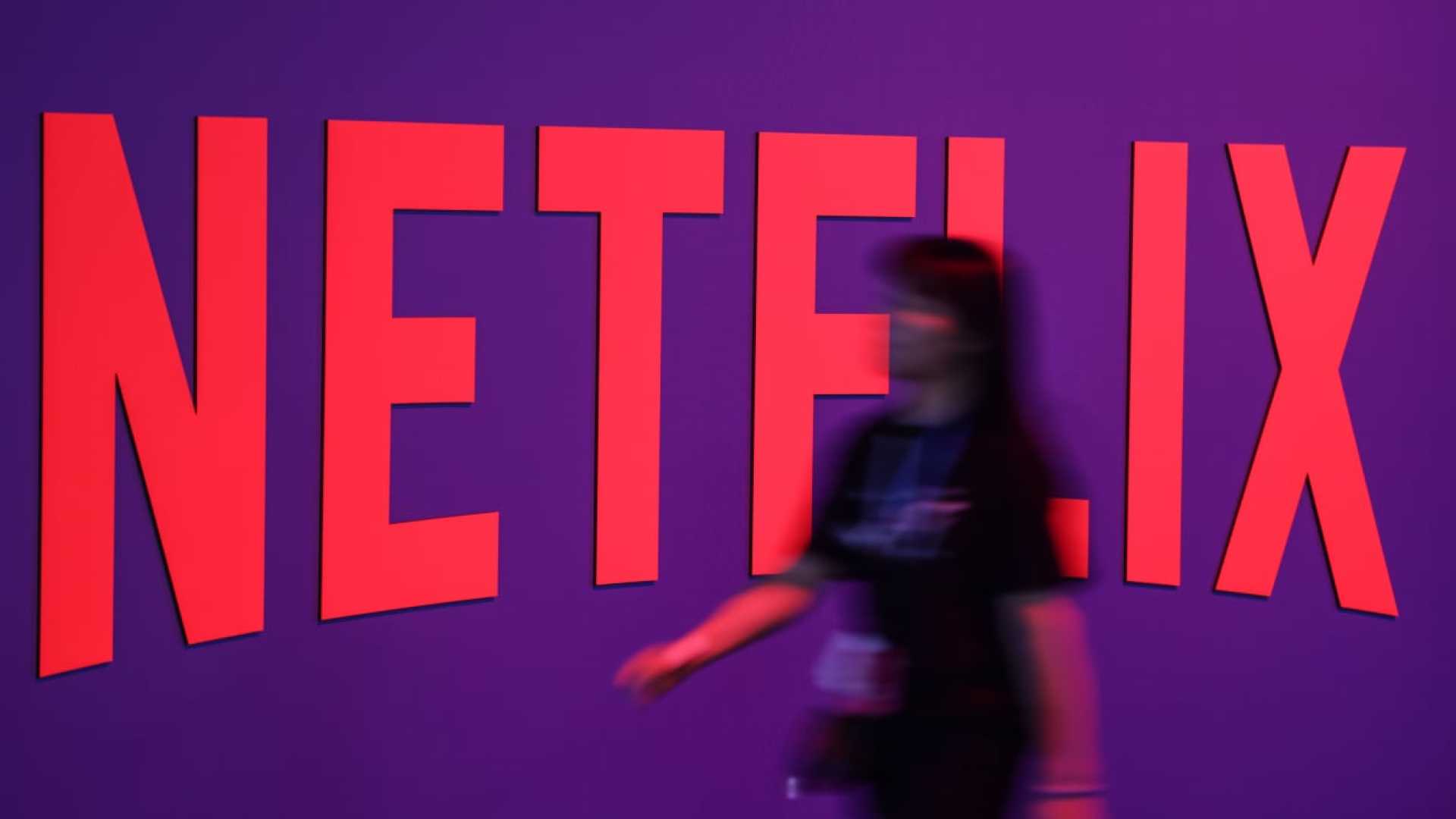Business
Netflix Implements New Guidelines for Generative AI Use in Content Creation

LOS GATOS, California — Netflix announced new guidelines on August 25, 2025, for using generative artificial intelligence (AI) in content creation. This policy aims to ensure responsible and transparent AI usage among its content partners as the streaming giant continues to explore AI technologies.
These guidelines, available on Netflix’s Partner Help Center, categorize AI usage into low-risk and high-risk scenarios. The company emphasizes that their primary goals are to protect personal data, uphold creative rights, comply with legal standards, and respect performers and audience trust. “At Netflix, we see these tools as valuable creative aids when used transparently and responsibly,” the company stated.
Netflix’s revised AI policy responds to rising concerns about the impact of AI on employment within the entertainment industry. The guidelines stress that AI should not replace traditional work done by union-represented individuals without appropriate agreements. “The implementation of AI must not materially impact work typically done by actors, writers, or crew members,” the company urges its partners.
Among the core principles outlined are restrictions on using AI to replicate or infringe upon copyrighted material. Additionally, Netflix asserts that any AI-generated content must be temporary unless approved as a final product. The corporation also clarified that significant alterations to performances or replicating likenesses require express consent from involved actors.
Netflix faced scrutiny earlier this year for employing generative AI in the documentary What Jennifer Did, which raised questions about authenticity in storytelling. Netflix’s co-CEO, Ted Sarandos, previously highlighted the benefits of AI in productions, noting that tools used in the series The Eternaut allowed for rapid visual effects creation.
As Netflix navigates these guidelines, the platform aims to balance innovation with ethical considerations while avoiding potential controversies surrounding AI applications.












